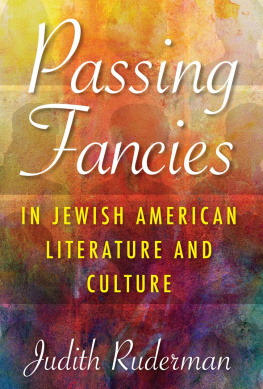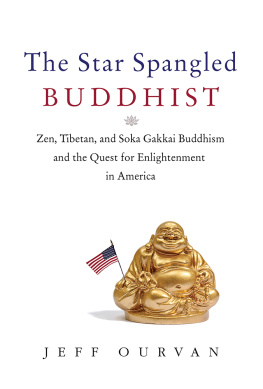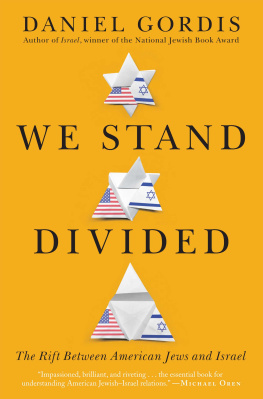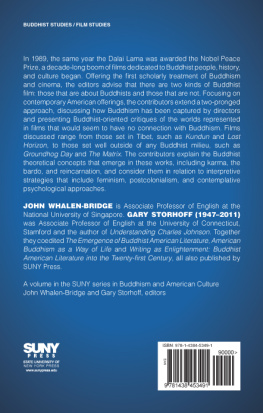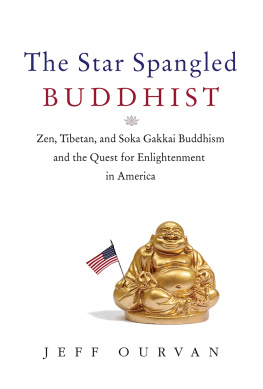Emily Sigalow - American JewBu: Jews, Buddhists, and Religious Change
Here you can read online Emily Sigalow - American JewBu: Jews, Buddhists, and Religious Change full text of the book (entire story) in english for free. Download pdf and epub, get meaning, cover and reviews about this ebook. year: 2019, publisher: Princeton University Press, genre: Religion. Description of the work, (preface) as well as reviews are available. Best literature library LitArk.com created for fans of good reading and offers a wide selection of genres:
Romance novel
Science fiction
Adventure
Detective
Science
History
Home and family
Prose
Art
Politics
Computer
Non-fiction
Religion
Business
Children
Humor
Choose a favorite category and find really read worthwhile books. Enjoy immersion in the world of imagination, feel the emotions of the characters or learn something new for yourself, make an fascinating discovery.

- Book:American JewBu: Jews, Buddhists, and Religious Change
- Author:
- Publisher:Princeton University Press
- Genre:
- Year:2019
- Rating:5 / 5
- Favourites:Add to favourites
- Your mark:
American JewBu: Jews, Buddhists, and Religious Change: summary, description and annotation
We offer to read an annotation, description, summary or preface (depends on what the author of the book "American JewBu: Jews, Buddhists, and Religious Change" wrote himself). If you haven't found the necessary information about the book — write in the comments, we will try to find it.
A revealing look at the Jewish American encounter with Buddhism
Today, many Jewish Americans are embracing a dual religious identity, practicing Buddhism while also staying connected to their Jewish roots. This book tells the story of Judaisms encounter with Buddhism in the United States, showing how it has given rise to new contemplative forms within American Judaismand shaped the way Americans understand and practice Buddhism.
Taking readers from the nineteenth century to today, Emily Sigalow traces the history of these two traditions in America and explains how they came together. She argues that the distinctive social position of American Jews led them to their unique engagement with Buddhism, and describes how they incorporate aspects of both Judaism and Buddhism into their everyday lives. Drawing on a wealth of original in-depth interviews conducted across the nation, Sigalow explores how Jewish American Buddhists experience their dual religious identities. She reveals how Jewish Buddhists confound prevailing expectations of minority religions in America. Rather than simply adapting to the majority religion, Jews and Buddhists have borrowed and integrated elements from each other, and in doing so they have left an enduring mark on the American consciousness.
American JewBu highlights the leading role that American Jews have played in the popularization of meditation and mindfulness in the United States, and the profound impact that these two venerable traditions have had on one another.
Emily Sigalow: author's other books
Who wrote American JewBu: Jews, Buddhists, and Religious Change? Find out the surname, the name of the author of the book and a list of all author's works by series.

